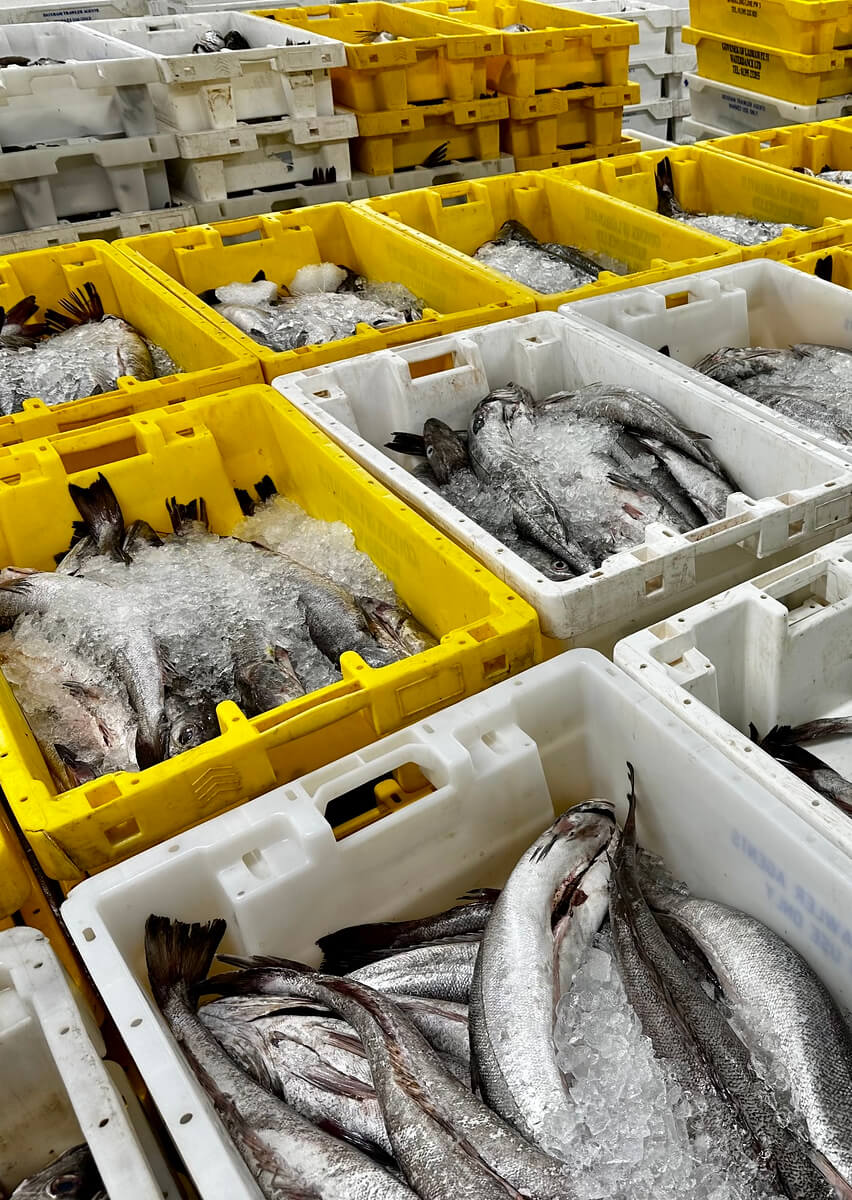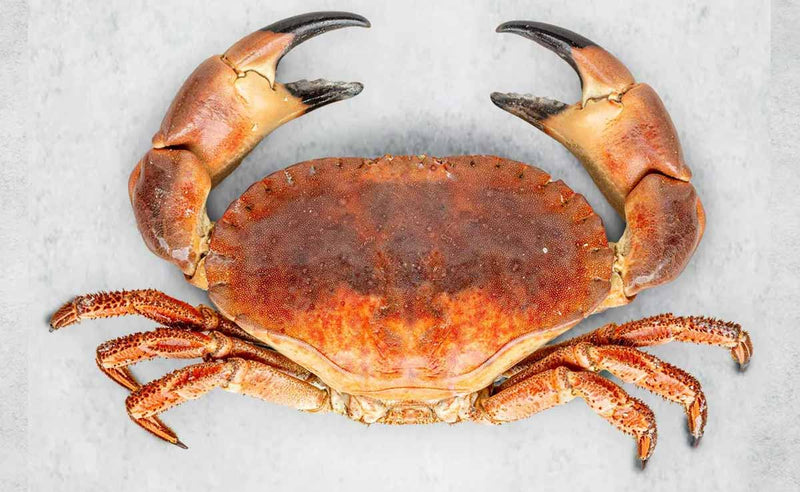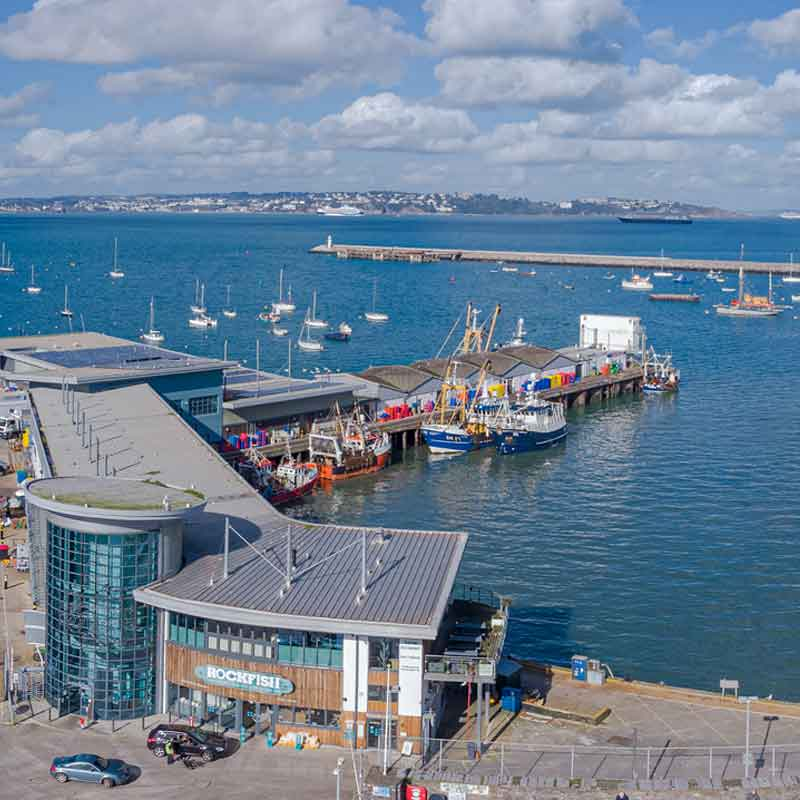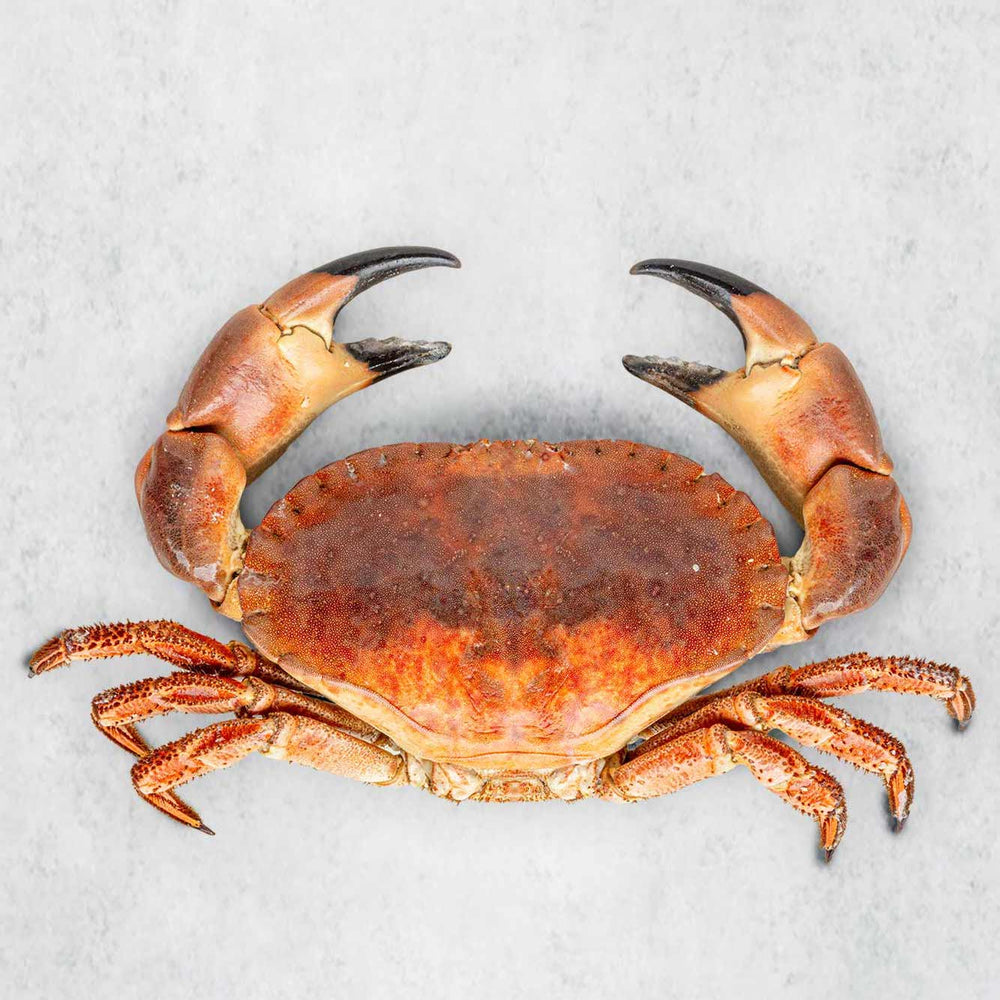What does MSC certified actually mean?
You hear us harping on about it all the time. That little blue fish ecolabel on our menus and our Online Seafood Market. But what actually is it? If you go to the supermarket, you might have seen a few symbols and accreditations, every bottle of ketchup is a gold star winner, every pint of milk is Red Tractor triple organic, you’d be forgiven for being confused about what all the labels mean.
We can’t speak for the milk, or the ketchup. But we do know that Marine Stewardship Council (MSC) certification is the gold standard when it comes to seafood. In short, the MSC is an internationally recognised not-for-profit organisation that sets global standards for sustainable fishing. The blue MSC ecolabel is only applied to wild-caught fish or seafood from fisheries that have been independently certified to the MSC Standard by certification bodies conducting audits.
DEFINING A SUSTAINABLE FISHERY
To get technical, fishing is an organised activity where fish or other aquatic species are caught or farmed, often defined by species, location, and method. This can either be an area of the sea – like the Devon and Severn fishery, which is one of the UK’s inshore fisheries - or a collection of fishing boats that have been agreed upon by countries and fishers. You often have different fisheries for each species – take for example Icelandic Haddock, or the Northern Bonito Tuna fishery.
To become certified, a fishery must be assessed against the MSC Fisheries Standard, which sets the standard for sustainable fishing. The Standard is developed in consultation with scientists, the fishing industry and conservation groups.
Those proud blue-fish ecolabel wearing fisheries comply with three fundamental principles.
- Healthy fishing stocks: meaning fish population is continually monitored, so that fish populations can remain productive and healthy
- Good management systems: basically, good policing
- Minimised impact on other species and the wider ecosystem: which looks at the wider ecosystem as a whole and reviews the impact of fishing.
What’s great about MSC certification is that fisheries undergo an audit every year of the 5-year certification period. After that, the fishery must reapply to demonstrate it’s still operating sustainably.
What’s more is that the MSC actually invites external stakeholders to comment on their Fishery Standard itself. This ensures that the Standard stays aligned with the latest research and international best practices.
WHICH FISHERIES CAN'T BE CERTIFIED?
MSC certification is available to all wild-capture fisheries, although there are some which are ineligible.
These include those that:
- Target amphibians, reptiles, birds or mammals.
- Use devastating fishing practices like poisons or explosives.
- Have been convicted of labour violations.
- Have been convicted of shark finning violations.
IS IT A PERFECT SYSTEM?
It’s true that the MSC has faced some criticism over the years. What international organisation hasn’t? At the heart of much of this is a misunderstanding of what the MSC is: an environmental organisation protecting the oceans around us and safeguarding seafood supplies.
What the MSC does well is providing assurance to consumers. The MSC’s rigorous approach helps ensure that seafood with the blue ecolabel really does come from independently certified sustainable fisheries. The MSC’s model is grounded in collaboration, bringing together fisheries, scientists and supply chain actors to tackle complex challenges, ensuring that there is fish in our oceans for generations to come.
Nice as it would be, there are no magic beans we can rub together to give us the answers to what fish are sustainable to eat and how they should be caught in a way that support the livelihoods of millions of sustainable fishing and seafood communities all over the world. This comes through hard work across the fish and seafood industry and in-depth data analysis. The blue MSC ecolabel gives us fish consumers the confidence that this work has been done for us, allowing us to celebrate the wonderful fish that we eat.
Buy MSC certified seafood from our Online Seafood Market and browse our favourite MSC seafood recipes.



